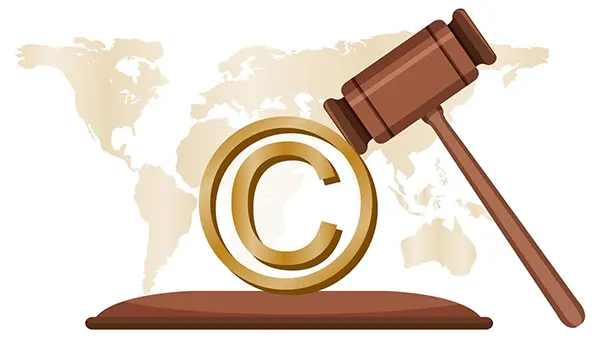Track Down the Websites That Are Using Your Images Without Permission

Every passing day, we are sharing some new photo or video of ourselves or our near ones on social media or other web platforms. After a few thousand views, hundreds of likes, and several shares, we move on with our lives and forget it as nothing. BUT, are these views and likes the only thing you are getting? Probably not, you are also getting the hands of other unknown people on your images and videos.
When you upload photos to the internet, others can use them without your knowledge or consent. The sheer size of the web makes it difficult to track down every instance of your photographs being used without your knowledge. Using the Google search image features, you may learn more about the situation and how to handle it effectively.
What Can Be Done About Picture Theft?
Photographers universally despise copyright infringement, but unfortunately, it is an unavoidable reality of the industry. Facebook is one of the platforms where most copyright violations occur. Thank goodness, it’s so easy to delete the image today.

Those who create weblogs, blog posts, or regular live telecasts are also frequent targets. You’ll be surprised to know the number of people who actually know the guidelines for using the images included with the blog postings. If they provide proper attribution, that’s OK, but in practice, people usually just take from each other without giving any acknowledgment.
I agree, that in our fast-paced lives, we often just quickly take a screenshot of something that comes to our liking. But, the main issue, though, typically originates from sneaky businesses. You would only be able to find this infraction with the Google search image feature, which is now available as a tool.
What is Online Image Search?
We have all heard about ways to track our phone online or reverse phone lookup sites to know the mystery callers. But did you know, that now there’s a way to reverse-search an image and trace it back to the original source?
Thanks to recent technological developments, Google has brought out its branches in the image search field as well. A popular Google search image offers an amazing new function that can help you find what you need quickly and easily. You may now search for images by keyword and the actual image itself.
If you provide Google with an image, it will compile and offer links to any website with identical or similar images. Moreover, it will also include the shots that have now been retouched and reshaped. The growing demand for this feature combined with the incredible programming of Google is the reason it went viral in the market.
This is fantastic, as images are frequently altered by having text superimposed on them or by being cropped. With visual comparisons in place of textual ones, it’s more likely that the desired outcomes will be located.
How to Use Image Search?
As jobs go, this one is a cinch. Visit the photo finder’s homepage for image-based searches. You’ll see a search bar similar to the ones we’re all used to, but this time, it allows you to upload images as part of your query.

Images are used in current programs to perform a reverse image search. Your photo will likely appear in search results if it is published elsewhere on the web. From Instagram posts to Twitter reposts, if there’s any sight of your image on the web, it will be mentioned. You can then search for any major copyright violations and take appropriate action.
The results of a search for a picture can be refined using a Google search image such as Reverseimage.net. Simply copy the image’s URL (link) and put it into the search bar to see where your photo is being used online. Alternatively, you can use the “upload image” button to send in your own photo.

You can obtain thousands of results for any ordinary photo in your collection using an online Google search image tool. And even if the image has been altered in any way—cropped, reversed, etc.—online tools will still be able to locate it for you.
What Should Be Done If Photos are Stolen and Used Without Permission?
Once you discover the illegal use of your photo using Google search image tools, the decision is ultimately yours to make. Given that it’s obvious that the photo is only being used on a blog and no money is being made off of it, I’d recommend giving the blogger a chance by doing one of the two things below.
1. Include a caption with your name and a link to your online presence at the image’s base.
2. Simply request that they remove the picture.
Check if it’s a business by visiting their site or related social media accounts, and if so, your first question should be about where they got the photo. They might have simply copied it from your site. You can either give it a try and earn some money as a bargaining chip. Request that they remove the image from their site within 14–15 business days if they cannot make a payment.

Send them an invoice and a copyright strike if they refuse to remove the image. The most important thing is to be polite. In a cordial manner, you can inform people who are exploiting your images without permission. No firm would like to tarnish its image or reputation in the market for such a small matter. So they are likely to remove the image from their site.
They may be utilizing your image without permission or a license and are completely oblivious to the fact that they’re doing so. Thus, before taking any action to report them, ensure that you have informed them about the issue beforehand. Copyright law is complicated, and most individuals need to be aware of their rights. Read it carefully by the regulations of your home country.
Conclusion
If you’re a photographer, this is a must-have, but be careful not to get dependent on it. Searching with images every time is OK once in a while, but doing it constantly can be very time-consuming. Remember to add a watermark to your images and only submit low-resolution versions to deter theft.










